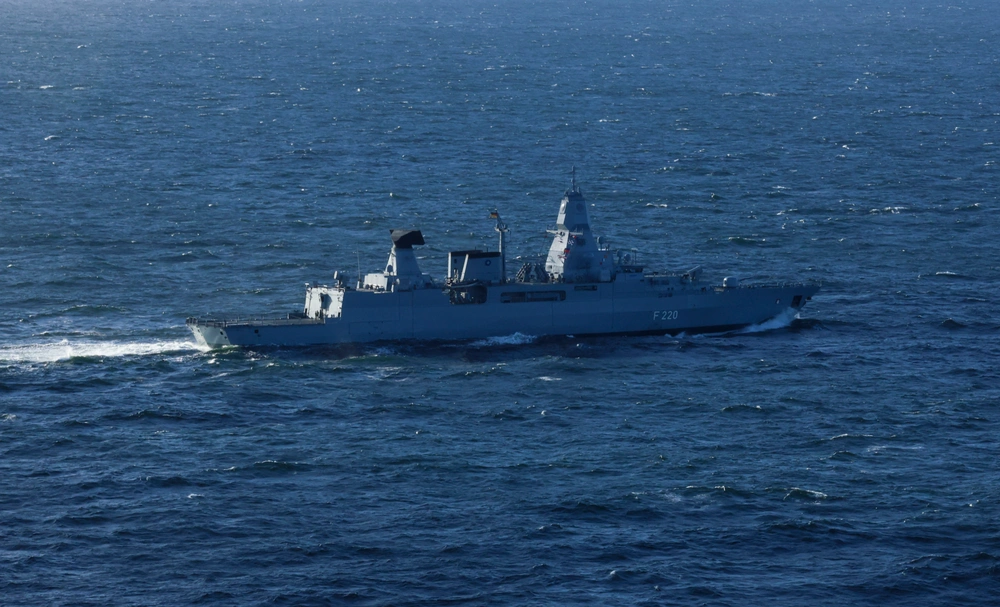Already a subscriber? Make sure to log into your account before viewing this content. You can access your account by hitting the “login” button on the top right corner. Still unable to see the content after signing in? Make sure your card on file is up-to-date.
Germany has accused the Russian Air Force of deliberate provocation after one of its fighter jets flew over a German Navy frigate in the Baltic Sea.
Getting into it: The incident occurred during NATO’s ongoing Neptune Strike exercise, when a Russian military aircraft flew directly over the German frigate Hamburg on two separate occasions. According to German Defense Minister Boris Pistorius, these actions were not routine military encounters but rather calculated moves by Moscow. “Putin wants to provoke NATO member states, and he wants to identify, expose and exploit perceived weaknesses in the NATO alliance,” Pistorius stated during a parliamentary debate.

The incident follows a troubling pattern of Russian airspace violations across the region, including a significant breach on September 19, when three Russian MiG-31 fighter jets entered Estonian airspace near Tallinn for approximately 12 minutes. That same day, Russian aircraft also approached a Polish offshore drilling platform, and earlier in the month, nearly 20 Russian drones violated Polish airspace.
These incursions, combined with the latest overflight of a NATO warship, have prompted fears among alliance members that Russia is deliberately provoking NATO. Some NATO officials and EU leaders agree that President Vladimir Putin is deliberately testing NATO’s cohesion and reaction thresholds.
This comes after Secretary of Defense (War) Pete Hegseth condemned recent Russian incursions into NATO airspace. In a statement following a call with his Estonian counterpart, Secretary Hegseth said the incursions were “unacceptable.”







